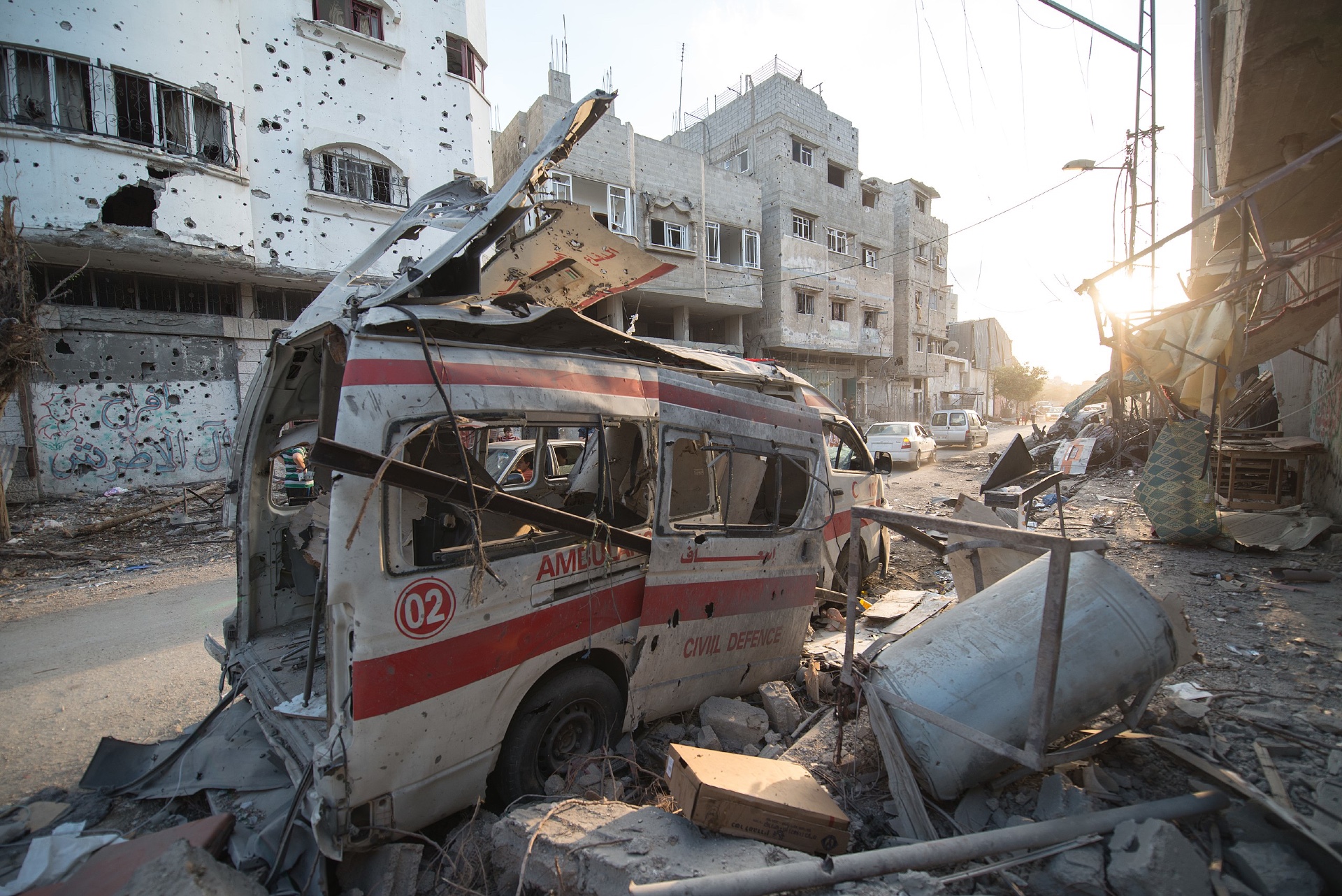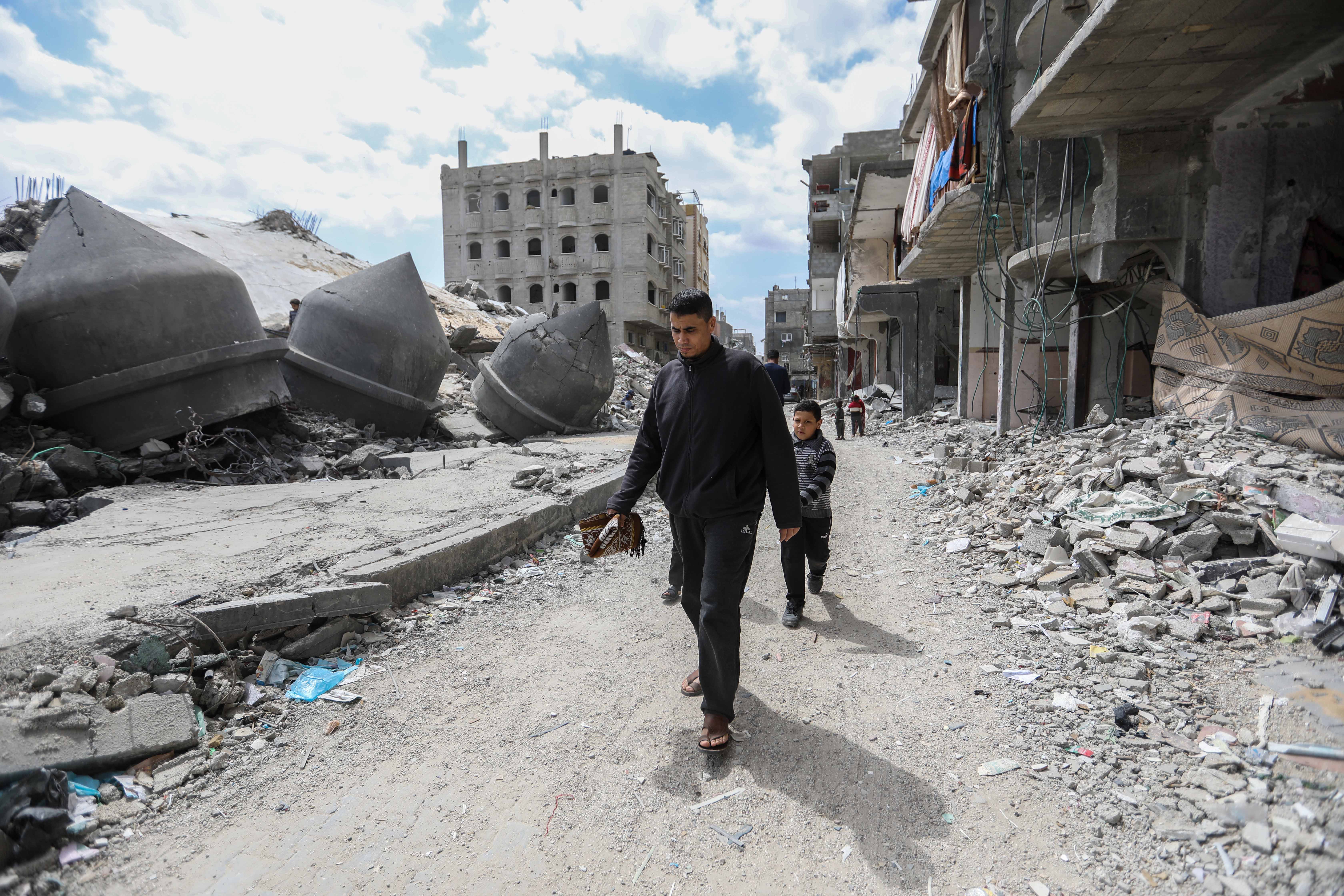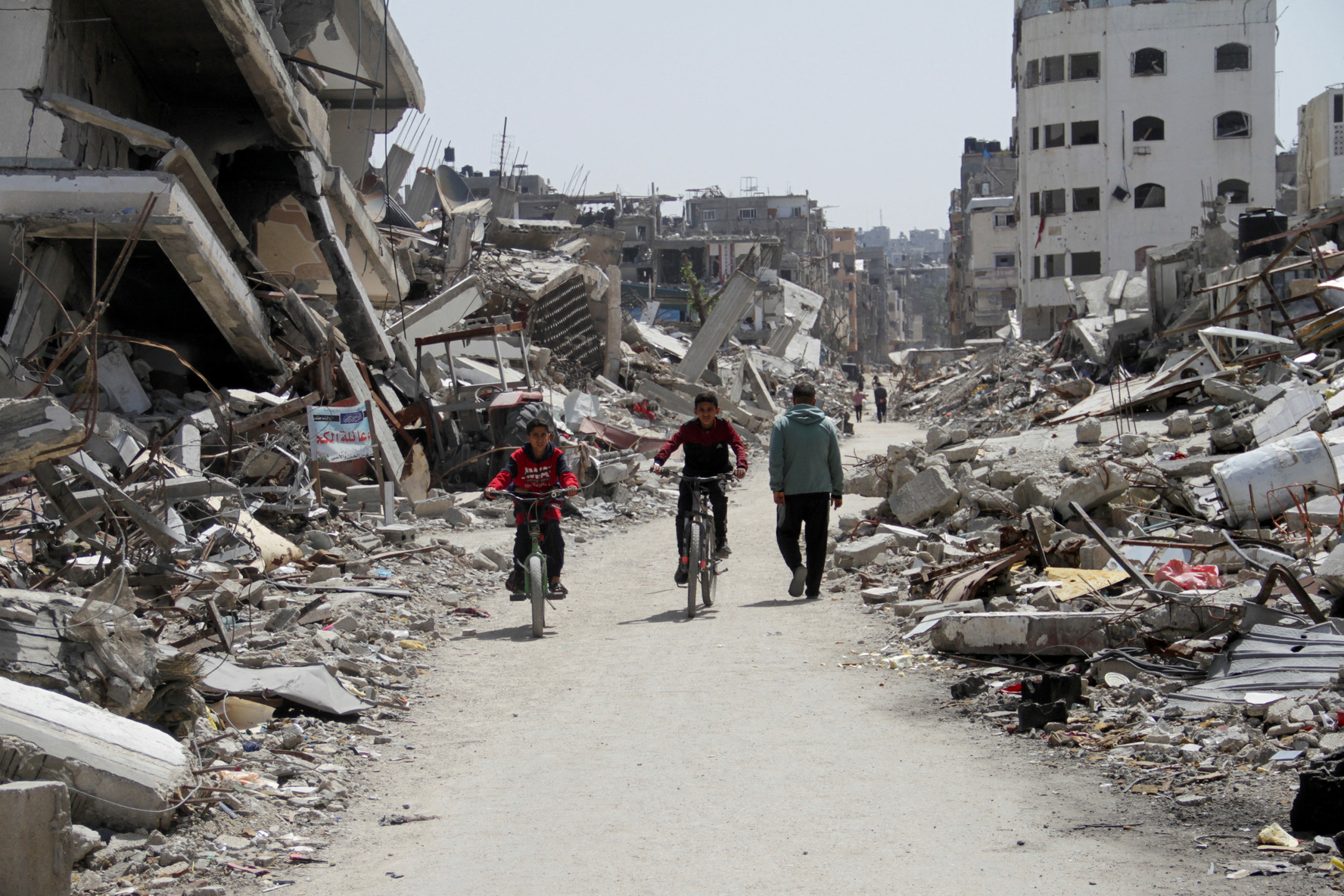Netanyahu's War in Gaza: A Calculated Political Gamble?

The ongoing conflict in Gaza has entered its tenth month, raising serious questions about the motivations of Israeli Prime Minister Benjamin Netanyahu. Critics and analysts widely allege that Netanyahu is prolonging the war to bolster his political standing, facing uncertain election prospects and pending corruption charges. A recent poll indicated that 53% of Israelis believe his wartime decisions are primarily self-serving.
Political Tightrope Walk: Coalition and Corruption

Netanyahu's reliance on far-right coalition partners, who demand a "total victory" over Hamas, significantly complicates any peace negotiations. Ending the war without meeting these hardline demands risks fracturing his government and triggering early elections, a prospect his Likud party might not survive given current polling data. The war has conveniently postponed his corruption hearings for over 14 months.
A Bloody Stalemate: Recent Events

On July 11th, 2025, five Israeli soldiers were killed in Gaza, underscoring the conflict's continuing human cost and intensifying pressure on Netanyahu from the Israeli military and the protesting public. The same day, negotiations for a ceasefire agreement remained stalled, awaiting final instructions from Netanyahu's negotiators. Earlier, on July 8th, during a meeting with US President Trump in Washington, Netanyahu reiterated his opposition to a Palestinian state, arguing that it could be used to destroy Israel, a position solidified by the October 7th, 2023, Hamas attack. Trump's push for a 60-day truce yielded no significant breakthrough.
The Shifting Sands of Public Opinion and Military Strategy

While recent military operations against Iran initially garnered public support, it's unclear whether this will translate into long-term political gains for Netanyahu, especially while the Gaza conflict drags on. The Israeli military establishment is increasingly vocal about the futility of continuing the war to appease radical cabinet members, advocating for a swift resolution.
Timeline of a Protracted Conflict

The current conflict began with the October 7, 2023, Hamas attack on Israel. Israel's ground invasion of Gaza commenced in November 2023. A ceasefire in January 2025 proved short-lived, breaking down in March 2025, prompting the Israeli government to resume its campaign. The direct military confrontation between Israel and Iran escalated in June 2025 with Operation Rising Lion, diverting some criticism from the Gaza operations.
Key Players and Their Stakes

Benjamin Netanyahu: Faces corruption charges and pressure from his far-right coalition partners for a decisive victory in Gaza. Israeli Military: Increasingly frustrated with the protracted war and its human cost, advocating for a resolution. Israeli Public: Demonstrates widespread dissent through ongoing protests, with many questioning Netanyahu's motives. Hamas: Demands a complete Israeli withdrawal as a precondition for a permanent ceasefire. United States: Under the Trump administration, attempts mediation while seeking regional stability and leveraging its military aid. Far-Right Coalition Partners: Insist on the complete destruction of Hamas, potentially influencing Netanyahu's strategy. International Community: Expresses growing concern over the humanitarian crisis and the potential for war crimes, with the ICC issuing an arrest warrant for Netanyahu.
The Human Toll and International Condemnation

The Gaza conflict has resulted in a devastating humanitarian crisis, with over 57,000 Palestinian casualties reported by the Gaza health ministry (mostly women and children) and 90% of Gaza's population displaced. Netanyahu's actions have drawn significant international criticism and legal challenges, highlighting concerns about Israel's disregard for international law.
A Post-War Void: The "Day After"

The lack of a clear plan for post-war governance in Gaza remains a major point of contention, with differing perspectives from the Israeli military, the US, and Arab nations. Netanyahu's rejection of Palestinian Authority governance and proposal of voluntary emigration for Gazans further complicates the situation. The escalating conflict with Iran has temporarily shifted the focus away from Gaza, but its long-term implications remain unclear.
The Looming Elections

Israeli legislative elections are scheduled for October 27, 2026, adding another layer of complexity to the ongoing crisis. The outcome of the elections will depend heavily on the resolution (or continued prolongation) of the Gaza conflict and the impact of Netanyahu's actions on public opinion.
